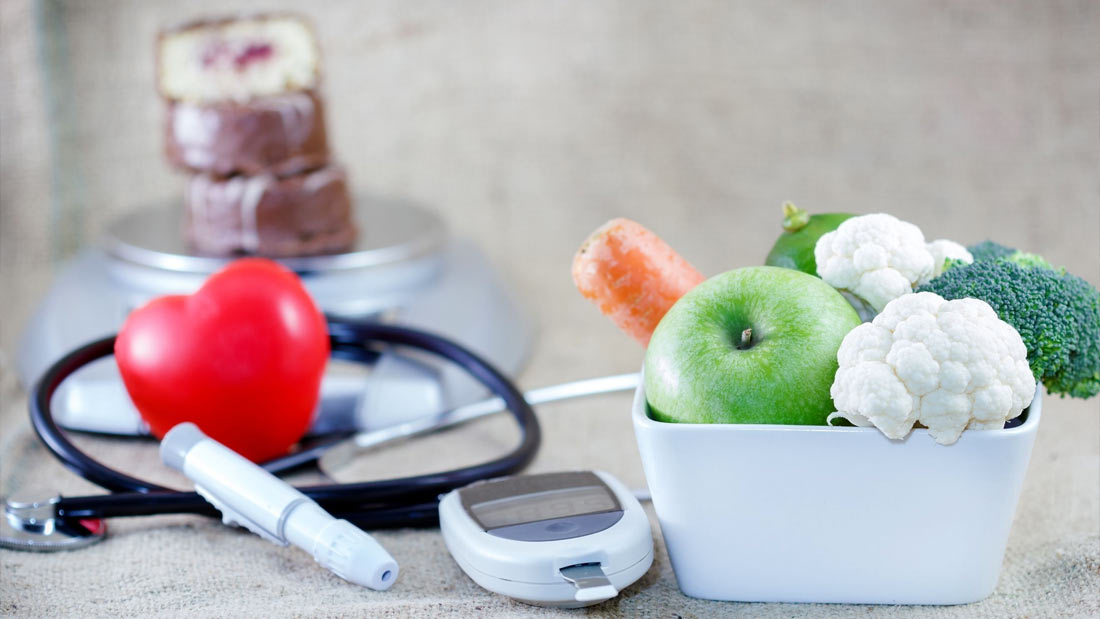Using Digital Health Technology to Prevent and Treat Diabetes
Digitization in the field of healthcare has opened new doors to prevent, manage, and treat a variety of health conditions. Literature shows that emerging technologies do not just help in the development of new effective drugs; instead, at the same time, they introduce advanced therapies to diagnose potential diseases. Digital therapeutics comes with a software-based solution to support and treat specific medical health disorders. Furthermore, digital health technology leaves a considerable impact on the delivery of patient care while shifting focus from disease treatment to adequate prevention.
The growth of digital health technology:
The past few decades show rapid advancements in the field of digital health space. Among many other health problems, digital health technology also offers great solutions to help people prevent and treat diabetes. It is now possible to download some trusted health-related applications on smartphones or tablets and enjoy continuous monitoring of your lifestyle and routine activity level. These apps support essential lifestyle interventions and medication-related adjustments as per the specific glucose monitoring data of the patient.

However, it is still important to set up some reliable guidelines and regulations for standardizing the use of mobile health apps for patient safety and clinical validity. It is possible to find limited evidence for the effectiveness of mobile health apps for monitoring the health conditions of a diabetic patient. That is why the professionals at the American Diabetes Association and the European Association for Study of Diabetes have conducted a joint review on how to utilize digital health technology for diabetic patients. The idea is to use stand-alone diabetic apps instead of regulated medical devices such as continuous glucose monitoring systems, insulin pumps, and automated insulin delivery systems.
Rising demands for diabetes management apps:
There are 2.7 billion people around the world that are using smartphones on regular basis and out of them, 0.5 billion have already installed apps to monitor physical activity, diet, and chronic disease management. However, long-term clinical evidence are still required to assess the desired effect of these mobile apps.
It is observed that across Europe and the United States, many mobile apps are designed to manage the health and wellness of patients but they are largely unregulated to meet the therapeutic diagnosis needs. Many international organizations are now making efforts to classify and regulate digital health technology solutions into the field of medical devices. As the cases of diabetes are increasing all over the world, it is important to utilize technological advancements to support lifestyle and various pharmaceutical interventions. The early diagnosis of disease via e-health monitoring may also help patients to make reliable decisions regarding life insurance for diabetics. It could help patients to ensure a safe future for dependent family members.
The digital apps can be usually divided into three categories: those used for tracking patient wellness, those working as stand-alone medical solutions, and those that download, display and use data from various medical devices to monitor, prevent and diagnose specific conditions. The market these days is loaded with plenty of digital apps that can be used to monitor weight, nutrition intake, and many other routine activities; however, diabetes management solutions are among the top-rated ones. The users for these diabetic apps are also increasing with each passing day.
Experts reveal that if these wireless monitoring apps are approved by the FDA and some reputed health care organizations, it will be easier for the patients to trust their effectiveness. It could help patients to avoid the risk of diabetes over the years with self-care and lifestyle management. The enhanced accuracy of these apps over the years can serve the entire diabetic community for enhanced patient safety.